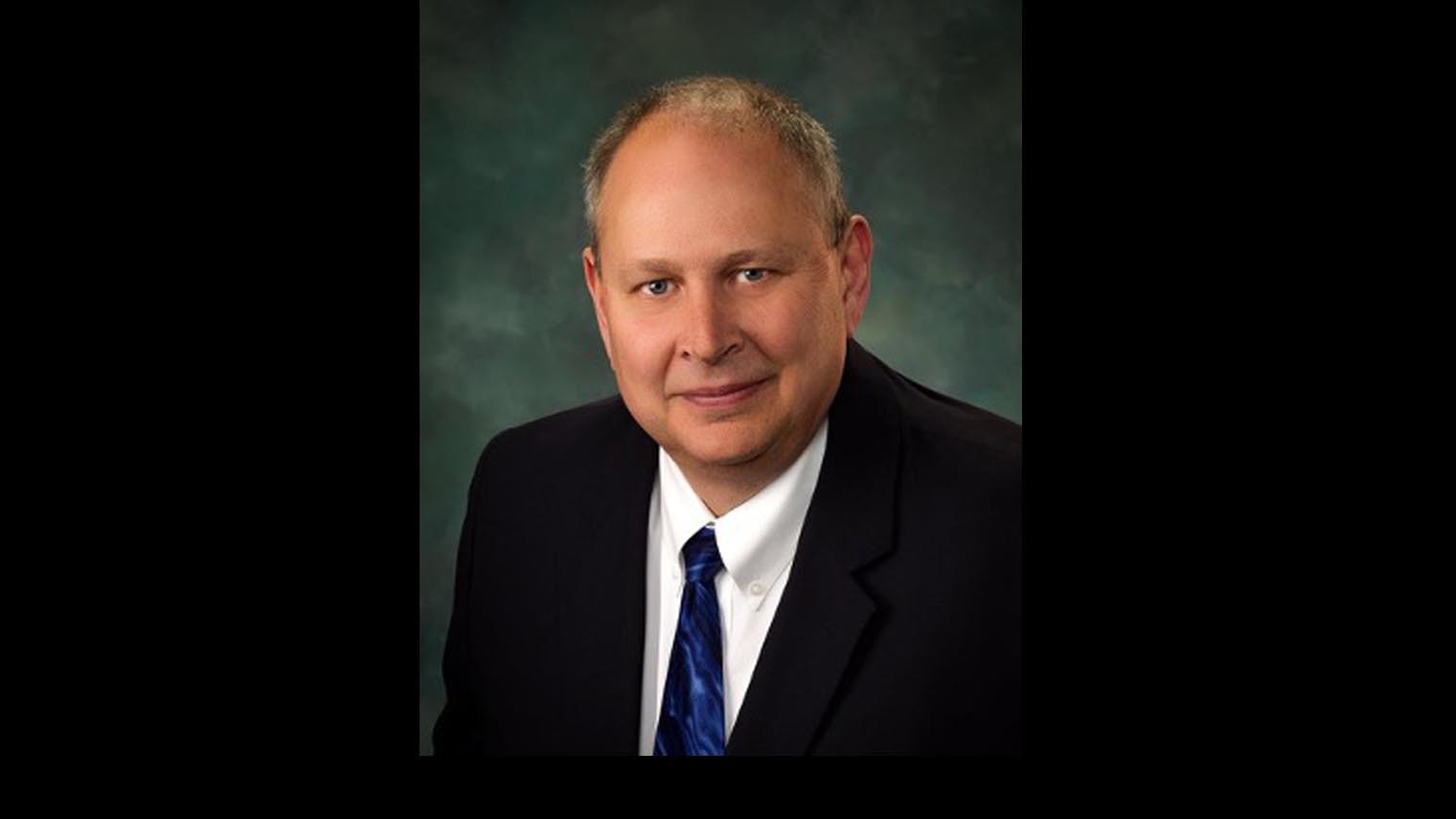According to the US Debt Clock at the writing of this column, the U.S. National Debt is $35.9 trillion, or a whopping $107,957 per person.
The federal government’s DOGE efforts have saved $521.8 billion, or $4,646 per taxpayer.
Even with the DOGE efforts, the effect on the national debt is similar to the change in a bucket of water when one dips their hand in and pulls it out.
Still, with the DOGE efforts, there has been much wailing and gnashing of teeth. To some, we cannot live without the $521 billion in programs that have been cut.
What is clear is even after a massive DOGE effort, we are not going to be able to cut our country’s way to financial solvency.
Given the political climate, it is unlikely we will be able to tax our way to financial solvency.
So, given the inability to cut spending and the unwillingness to pay taxes, and huge looming bills on the horizon, a proposal is on the table to do what every rich, entitled heir to a trust fund does: We are going to sell part of our inheritance to pay our debts.
Republican Sen. Mike Lee, from Utah, has a proposal to sell 2.2 to 3.3 million acres of land. Eleven states would be eligible to sell land, all in the west – Alaska, Arizona, California, Colorado, Idaho, Nevada, New Mexico, Oregon, Utah and Washington.
Through some sort of back-room political deal, Montana is exempt from having to sell its land.
Lands subject to mining leases or grazing leases are not eligible, so ranchers and mines are protected.
And, given the purpose of selling the land is to pay the national debt, it is obvious that regular folks are not going to be able to go to the bank and get a mortgage. The folks that are going to buy this land are billionaires and corporations, and perhaps foreign countries, either outright or through shady hidden corporate connections.
We know from Fred Eshelman’s corner crossing criminal prosecution, civil lawsuit and appeal to the U.S. Supreme Court what some billionaires will do with all the land they own. Just like Eshelman did with his chunk of the checkerboard, they’ll lock it up tighter than a miser's fist on a handful of pennies.
What does that mean for hunters and fishermen? It means that if you don’t have the dough, you don’t get to go.
The sad part about the bill is that the folks in Wyoming have token control, but the real decisions are going to be made by the federal government. Just like the Bureau of Land Management plan for Rock Springs under the last administration, the federal government has a tendency to ride roughshod over its state neighbors.
I have lots of questions and not many answers. What land is going to be nominated? How do the nominations work?
Are there going to be provisions/preferences for regular folks to buy chunks of land, or are we just going to sell large tracts to billionaires so they can set up their own private family compounds? Is there going to be protection for public access?
What does the appeal process look like for folks who don’t like the nomination? How long is this process going to be tied up in court?
Why do the lifestyles of 11 Western states have to bear the burden of paying national debt created by the other 39 states as well?
What are the economics of the transaction – are we selling off our land for no good purpose or are we really paying off the debt?
What are the protections that the sales money goes to the national debt and not some government slush fund?
My understanding of the proposals is they are so vague, with so many unanswered questions, that at this point, I can’t get behind risking Wyoming’s way of life to pay the bills for the United States.
The national debt is a problem that needs to be addressed. Change is inevitable. Spending this particular inheritance – our national public lands – will forever change the way of life in the United States.
Jumping into this change through a hastily considered budget reconciliation seems like a really bad idea.
What could possibly go wrong?
Tom Lubnau served in the Wyoming Legislature from 2004 - 2015 and is a former Speaker of the House. He can be reached at: YourInputAppreciated@gmail.com





